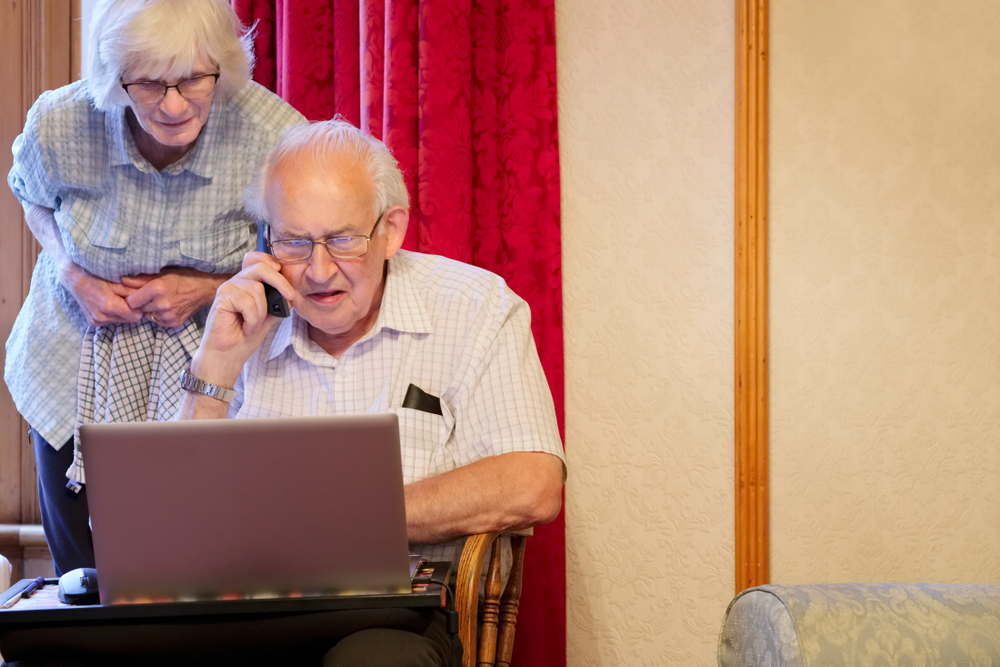Scammers use a range of tactics and equipment to steal money from unsuspecting people, and if you’re a senior citizen, you should know that they are targeting you more than any other group. Phone scammers target older people because they are more likely to answer the phone and they may be more inclined to trust someone they are speaking to by phone. The Federal Communications Commission (FCC) has issued a warning about one type of scam that has become more common in recent years, known as the “one-ring” scam, or simply as an area code scam.
The team at Slutsky Elder Law has some information and advice for you about these scams, so read on to find out more about area code scams and how you can avoid being victimized by them.
What is Area Code Scamming?
While some scammers want you to pick up the phone, others only need you to call them back. Area code scamming is an example of this.
When an area code scammer calls you, they will usually only let the phone ring one time before hanging up (hence the name “one-ring” scam). They do this because their goal is to get you to call back. These scammers are usually located in foreign countries like Sierra Leone and the Dominican Republic that have similar three-digit area codes to locations in the United States.
When you call these numbers, you will be charged fees by the minute, just like you would if you had called a 900 number in the US. The longer the scammer can keep you on the phone, the more money you will be charged, so they will often make small talk, put you on hold, or transfer you multiple times.
How Can You Prevent Being Victimized by Area Code Scammers?
If you want to stop area code scammers in their tracks, the best way to do that is by not calling them back. If you get a call from an unfamiliar number and they don’t leave a message, be sure to look up the area code before deciding whether to call back. Some common area codes used by scammers include:
- 268 (Antigua and Barbuda)
- 284 (British Virgin Islands)
- 473 (Grenada)
- 649 (the Turks and Caicos Islands)
- 664 (Montserrat)
- 767 (Commonwealth of Dominica)
- 809, 829, and 849 (the Dominican Republic)
- 876 (Jamaica)
- 232 (Sierra Leone)
Of course, scammers may use other area codes and are even capable of “spoofing” local numbers to conceal the source of the call. In general, if a caller does not leave a message, it’s not a good idea to call them back. If they leave a suspicious message asking you to call back to schedule a delivery or notify you about a sick relative or a relative who needs to be bailed out of jail, it is very likely that they are a scammer. If there is a real emergency, they will call you back again.
What To Do If You Have Been Scammed
If you have already become a victim of area code scammers, you may be able to resolve the matter with your telephone company and have the charges voided. You can also report the issue directly to the FCC at no cost to you.
At Slutsky Elder Law, we have been helping seniors with estate planning, Medicaid planning, powers of attorney, and more for almost 30 years. If you need an elder care attorney in Philadelphia, PA, and surrounding communities, we can help you! Get in touch with us by calling (610) 940-0650 or by filling out the form on our contact page.

